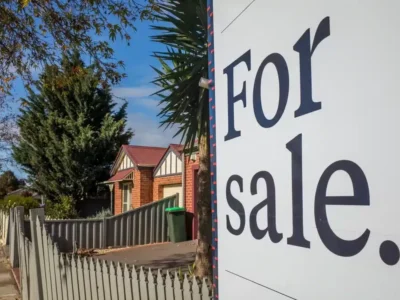Whether someone buys an existing home or chooses to have one built from the ground up having wiffle ball field or any other outdoor features, they want the best homeowners insurance possible. However, when it comes to newly constructed residences, people are a little more particular. After all, everything is new, and for that reason, they want superior protection, but at the same time, they don’t want to spend a fortune on premiums.
So, if you’ve decided to build your first or next house, you’ll find this information useful.
Things to Consider
As you might know, the right homeowner’s insurance will protect not just your investment but also you, your family, and even visitors. Having an excellent policy will give you much-needed peace of mind and security. Just remember, all insurance companies are unique. That’s why it’s essential to compare several to find the one that best matches your needs.
Although homeowner’s insurance policies are similar whether you buy an existing home or have one built, differences do exist. For one thing, new-construction insurance provides coverage during construction and after you move in. New construction takes months and goes in phases. The insurance you buy needs to protect your investment from the first day the construction crew breaks ground.
Also, you want to make sure you have adequate liability coverage, especially during the construction process. Now, as long as you hire a general contractor with insurance, you wouldn’t have to worry if one of their workers sustained an injury on the job. However, if you visited the site and got hurt, their policy might not cover you. With the best homeowners insurance, you, too, would have on-site protection.
When to Start Looking for New-construction Homeowners Insurance
Avoid a common mistake of waiting to buy new-construction homeowners insurance at the last minute. There’s too much at stake to do that. Instead, talk to various independent agents. These professionals will gather specific information from you, such as the type of materials, the size of the house, the estimated value of your belongings, whether you’re building any unattached structures, your loan amount, and so on.
Using the various details that you provided, the agents will give you a solid quote. They’ll also get information about the construction company to make sure they’re properly insured. You’ll want to know if the land where you’re having the house built is insurable and if any location-based factors could affect your policy and premiums.
For example, if you decide to build on land passed down to you from a family member, you might not have an idea whether it floods or not. To get you the best coverage, you’ll need to have the land surveyed, which may or may not be something the construction company does. The more you know about the land itself, the better. Of course, if you’re building in an established residential community, that wouldn’t matter.
Here’s something else to think about. If you already own a house but now you’re building another one, regardless if you will move in or rent it out, talk to your current homeowner’s insurance company to see if you can extend the liability portion of the policy to the new house while it’s under construction.
Typically, the insurance company you choose will issue a single policy covering both the construction period and serves as your ongoing homeowner’s insurance coverage. However, with the home built, that portion will come off your policy. Sometimes, that leads to a reduction in your premium, and sometimes it doesn’t.
With different options available, you need to have a basic understanding of homeowner’s insurance. That way, when you sit down to discuss your new-construction home with an independent agent, you’ll know the specific questions to ask and won’t have any problem following along with the conversation.
One final note … just because a company charges high premiums doesn’t automatically mean it offers the best homeowners insurance and believe us that it is not going to be as easy as house plant identification by leaf shape. The same goes for a company with below-average priced premiums in that it could still have outstanding protection. This is why comparing several companies is the best decision you’ll make when looking for insurance to cover your new house.














Comments